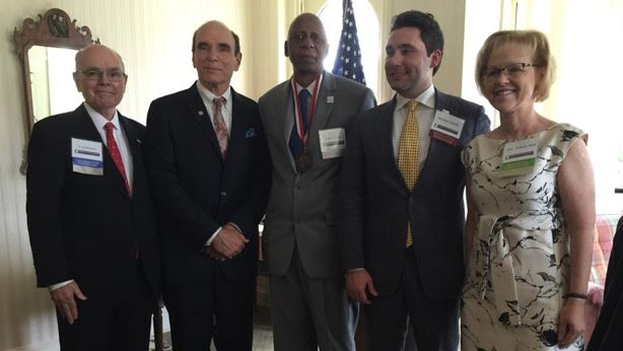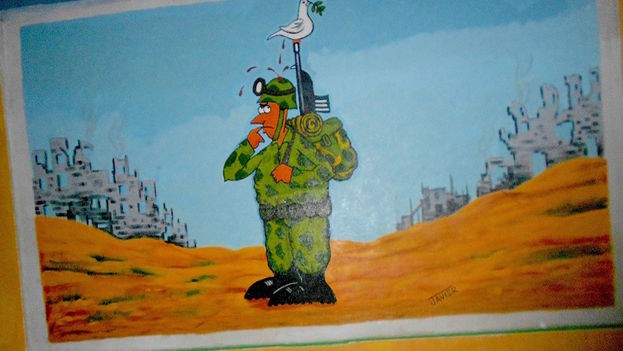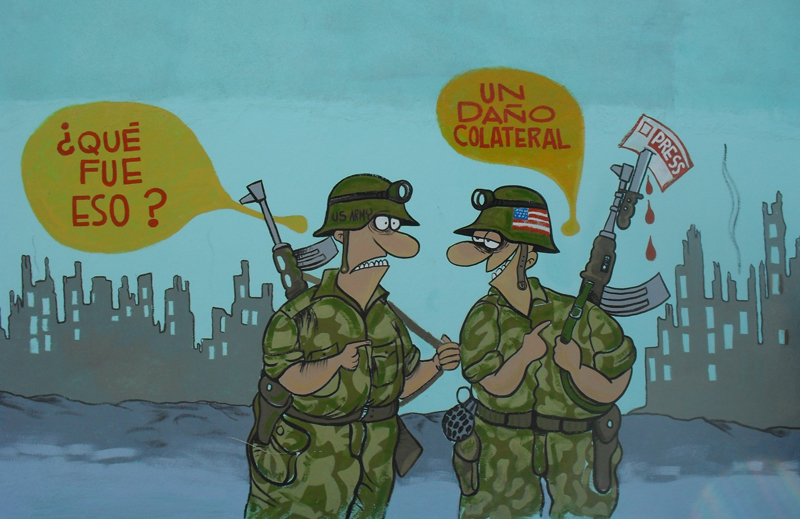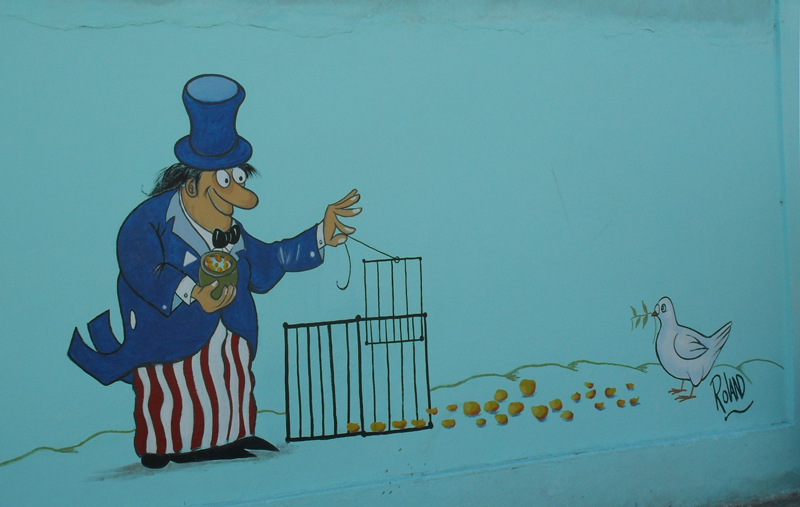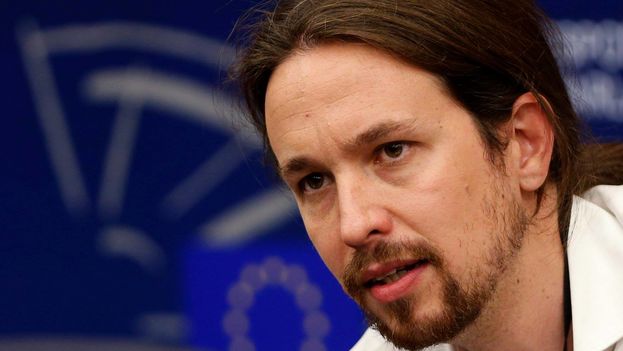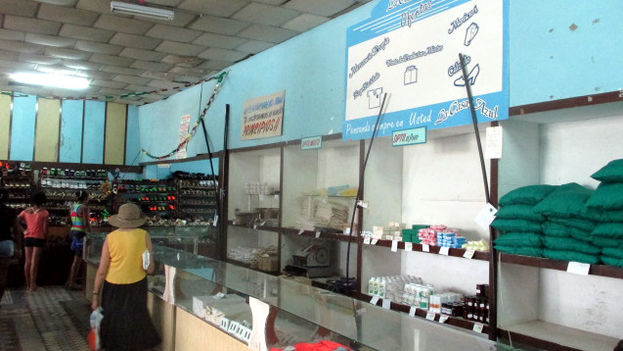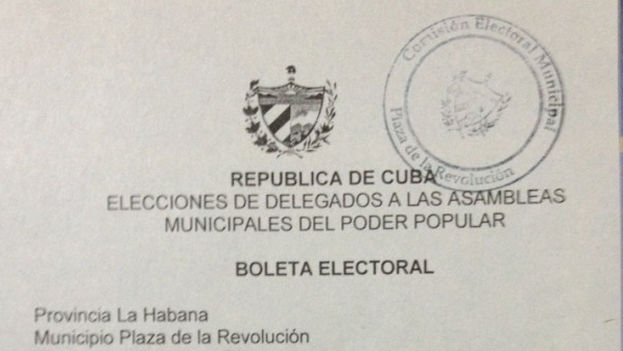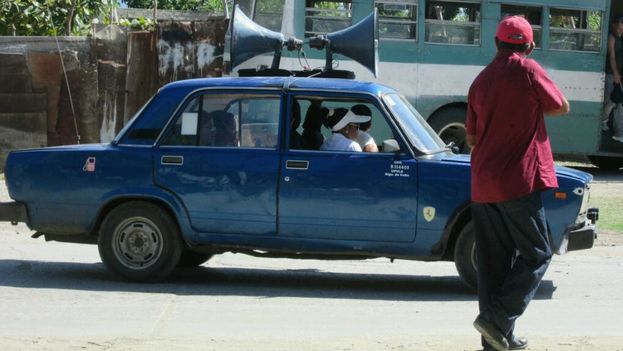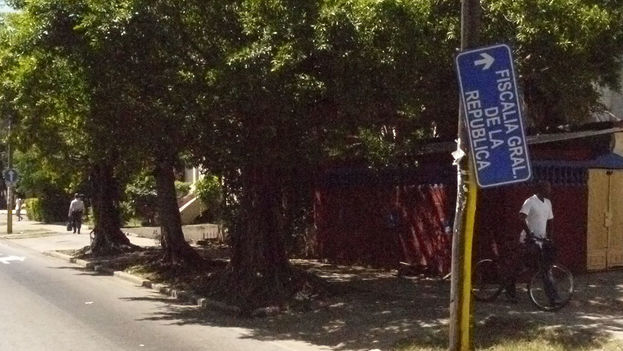My grandparents, most of them from the Spain’s Galicia region, could be considered victims of the Franco régime. Although they were not killed or tortured, they did suffer the consequences of a civil war. Like so many others, they had to leave it all behind and emigrate to Cuba, fleeing the poverty and social instability inflicted on Spain by the Franco régime and its brand of Fascism. In other words, my grandparents had neither future nor freedom in Spain. Meanwhile, the countries of the Western Hemisphere were rich lands, far from the devastation of the war in Spain and Europe, with growing industries and opportunities for all.
Cuba was under the rule of the dictatorship of Fulgencio Batista. His régime respected the rights of trade and commerce, turning the Island into a prosperous country welcoming of immigrants. Despite this, Batista’s régime, like all dictatorships, was corrupt. That, coupled with political instability, awoke an enormous discontent throughout Cuban society. The Cuban Constitution of 1940, one of the most progressive of its time – not only in the Western Hemisphere, but in the entire world – had been forgotten and still today has not been recovered. continue reading
It was this discontent that awoke sympathy and support among the Cuban people for a young lawyer, the son of Galician immigrants. Eloquent and with a utopic discourse, he initially displayed a friendly face to the people, but later, with his Marxist-Leninist ideas, he became the protagonist of one of the most long-lasting dictatorships in the Western Hemisphere. He is also the one most responsible for the impoverishment of Cuba and its people.
As a Cuban, I am alarmed to see this same discontent and instability in today’s Spanish society, in the context of an imperfect democracy, but a democracy nonetheless.
As a Cuban, I am alarmed to see this same discontent and instability in today’s Spanish society, in the context of an imperfect democracy, but a democracy nonetheless. So are we doomed to repeat history?
Due to the twists and turns of life and history, as the grandson of Spanish immigrants who fled Franco’s régime, it was I who had to emigrate to Spain when I was 19 years old, as my father did before me. The same reasons that drove my grandparents from Spain drove me from Cuba, but with a few distinct nuances. The man ruling Cuba with an iron fist is a Comandante, not a general. His last name is Castro, not Franco. Fascism did not force me to immigrate, Communism did.
Allow me to be perfectly clear with respect to this: if a person, with a family history like mine wants to do something constructive with his life, what he is searching and wishing for is to leave the obsolete ideologies of the past century on the wayside. What that person wants is to file away vengeance, hatred, and anger, although it may be hard to do so (and believe me, it has been very hard for me), and use reason and emotion as instruments of rebuilding and unity, not destruction and divisiveness.
You are right about many things, and I must admit that you are an excellent photographer of the reality in Spain. You know like no one else how to channel the disconnect in the society, to put a name on this discontent and to transform it into votes for your political movement. Although I consider your arrival on the Spanish political landscape as positive and healthy for a democracy, I also see in you obsolete and erroneous ideas of struggles, of resentment and of promulgating a supposed social justice that, believe me, by this path will never come to pass. History – my history – has proven it to be so.
I recognize in your discourse the entire battery of slogans that I listened to for hours and hours under the Caribbean sun.
I recognize in your discourse the entire battery of slogans that I listened to for hours and hours under the Caribbean sun. Those slogans about equality and struggle sound very good to those who do not understand their effects (among them yourself) but once the stage was dismantled they left us — 11 million Cubans on the island — with fears, dreams, exhaustion, a longing for that son or father who left, a ration book and daily blackouts lasting hours. This is similar to what is happening now in Venezuela (imported from Cuba), a model I have heard you say you envy.
Do not think this letter is an attack, it is not. If it just makes you and many others reflect, it will have achieved its goal. Allow me to share my political viewpoint with you, to avoid my being labeled or being accused of being a product of a powerful caste, the bourgeoisie, or some other powerful entity. I, and only I, will clarify what my politics are. I am neither of the right nor the left, I say it without meaning it to sound like the political slogan so often used these days. I consider myself liberal, progressive, and a social democrat.
I am a liberal because liberalism defends the supremacy of individual rights, irrespective of race, gender, or nationality. Respect for the rights of the individual is respect for his or her freedom, and guaranteeing the rights of all, which inevitably leads to the rule of law. I want a State that functions and allows me to function, that enforces the law, that rewards hard work, and that permits me the necessary freedom to build my own future without paternalistic subsidies, nor bureaucracy, nor a pointless civil service.
I am a social democrat because I sincerely believe that all future civilized societies should be cognizant of and apply the art of peaceful coexistence and should have a humanist and social character, without forsaking sustainable commercial projects that generate wealth. On the other hand, I consider myself a progressive because I believe that an imposed yoke, of whatever kind and wherever it comes from, is always expendable, and religions are not an exception. Because education should be secular and free of political indoctrination, because no State or divine being should tell a woman what she can do with her body, because I share the joy allotted to a community such as gays and lesbians when their right to marriage and adoption are recognized.
I thank you for your time, and I hope you will know how make a positive contribution and help unify all of us in the quest for a better future. In your hands, and in everyone’s hands, within our diversity, there is the possibility to either pass into history as those who gave a country the tools to renew such a hard-won and much-needed democracy, or as those doomed once more to repeat it.
I apologize for my anonymity. Personal and family reasons in relation to Cuba require it.
Bidding you a cordial farewell, I wish you the best.
(signed)
Just another citizen.
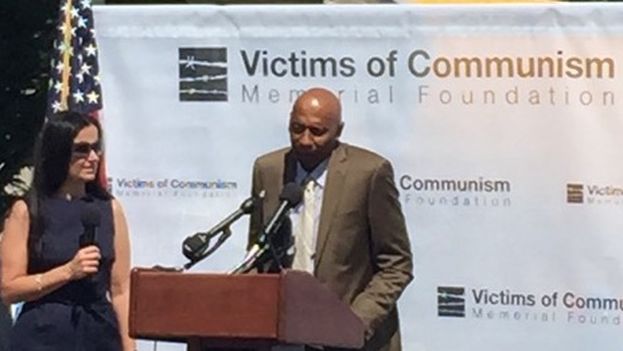
![]() 14ymedio, Jose Badue, Washignton DC, 13 June 2015 — Despite a temperature of 97º F (36º C), and unbearable humidity, about one hundred representatives of nations and peoples – including a Russian LGBT association – who have suffered the nefarious consequences of Communism, met at the corner of New Jersey and Massachusetts Avenues at 10:00 AM before the Victims of Communism Memorial. continue reading
14ymedio, Jose Badue, Washignton DC, 13 June 2015 — Despite a temperature of 97º F (36º C), and unbearable humidity, about one hundred representatives of nations and peoples – including a Russian LGBT association – who have suffered the nefarious consequences of Communism, met at the corner of New Jersey and Massachusetts Avenues at 10:00 AM before the Victims of Communism Memorial. continue reading
